|
THE
BIG GUY BANS MICRO-BEADS 2016
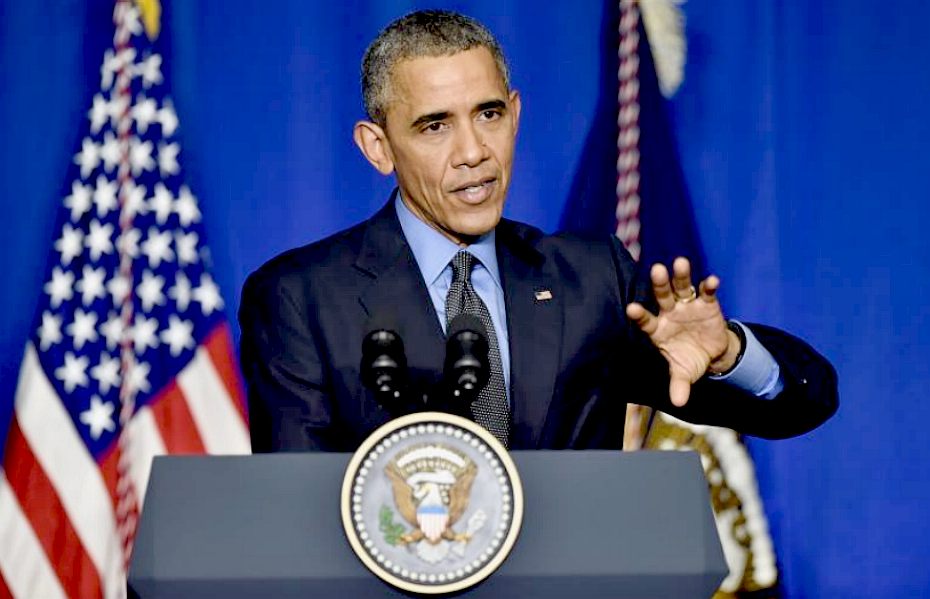
WELL
DONE MR PRESIDENT - A man who walks the talk and a
sensitive family man after office hours. We need more
politicians who are prepared to act positively to head off
climate change - and to preserve food for us - the obvious
goal of Barack
Obama. Food security seems not to be on the agenda in
Europe for some reason, at least there have been no initiatives,
contracts or the like for leaders in that field of research.
UK
BUSINESS INSIDER - 2 JANUARY 2016
President Obama approved a bill on Monday banning soaps, toothpastes, and bodywashes that contain a harmful ingredient.
That ingredient is microbeads — tiny, nearly impossible-to-dissolve plastic particles that enter water streams by the billions. The beads are typically found in cleansing products because they can be used as tiny scrubbers, helping to wipe away oil and dirt from the skin or teeth.
A recent study found as many as 1.7 million of the tiny particles per square kilometer in the Great Lakes region's Lake Erie, where much of our trash ends up.
But why is the government targeting microbeads, rather then plastic
bottles, plastic bags, or other sources of plastic debris?
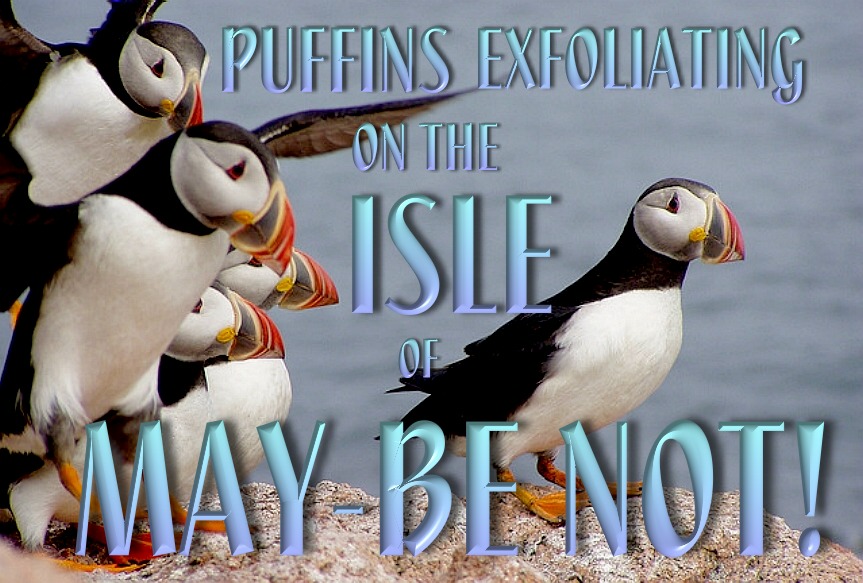
THE
ICONIC PUFFIN - A bird being considered as one of 10 candidates to be the UK's national bird, may be in trouble. Experts are finding a disturbing amount of plastic in the bellies of puffins around the Isle of May, and they say this could spell for severe ecological consequences.
The Isle of May, also called the "Jewel of the Forth," is located in the north of the outer Firth of Forth, five miles off the coast of mainland Scotland. A protected natural environment, the Jewel is home to over 250,000 seabirds, including the largest puffin colony on the UK's east coast.
Mark Newell from the Centre for Ecology and Hydrology recently explained to Fauna and Flora International (FFI), a biodiversity conservation
group: "We regularly collect puffins found dead on the island to help us monitor the health of the
population." "As part of this research we look at what they have been
eating." "At first we didn't know what the strange pieces of plastic were, but we found them in a number of the puffins' stomachs."
WHEN
IT COMES TO WASTE, SIZE MATTERS
Before getting either reused or discharged to the ocean, our wastewater gets processed at large wastewater treatment plants, where it is filtered and cleaned.
But because they're so small, microbeads don't get caught in these filters. Instead, they're discharged directly into rivers, lakes, and the ocean.
Fish, turtles, and other aquatic wildlife then feed on the tiny bits of plastic, which to them are often indistinguishable from food. And when they eat the beads, the plastic bits don't just pass through the animals' stomachs like normal food. Instead, the beads often become lodged in their stomachs or intestines. When this happens, the animals can stop eating and die of starvation, or suffer other health problems.
"Microbeads are highly damaging to the natural environment and the wildlife that live there," the Wildlife Conservation Society said in a press release. "Because natural alternatives already exist, a ban on their use in personal care products makes perfect sense."
In New York state alone, 19 tons of microbeads are washed down the drain each year, according to the Wildlife Conservation Society, where they collect harmful pollutants like DDT.
"We have the evidence that the micro plastics do cause harm," Marcus Eriksen, executive director of the 5 Gyres Institute, a research group that led the recent study, told Scientific American in 2013. "I am hoping we can translate that research into some positive action."
Phasing out the microbead
Johnson & Johnson, Unilever, and Procter & Gamble have all made pledges to phase out the most common kind of microbead from products. The new law will enforce those pledges by requiring companies to phase out the environmentally harmful beads starting July 1, 2017.
The International Campaign Against Microbeads in Cosmetics has compiled a helpful list of the products that most likely contain
microbeads. There are lists of the products
on this page. by
Erin
Brodwin
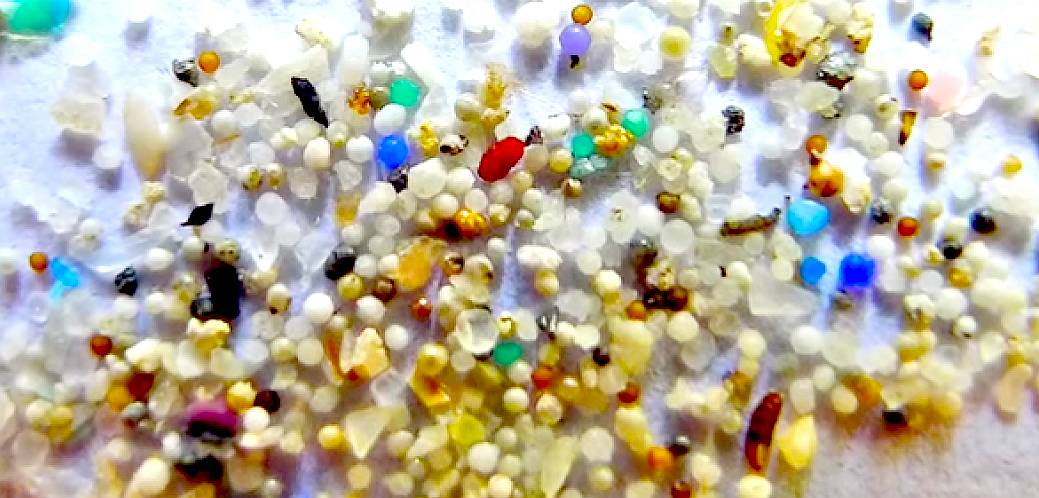
USA
NATIONAL LEVEL: At the federal level, the Microbead-Free Waters Act of 2015 prohibits the manufacture and introduction into interstate commerce of rinse-off cosmetics containing intentionally-added plastic microbeads. Representative Frank Pallone proposed the bill in 2014 (H.R. 4895, reintroduced in 2015 as H.R. 1321). On December 7, 2015, his proposal was narrowed by amendment to rinse-off cosmetics, and passed unanimously by the House. The American Chemistry Council and other industry groups supported the final bill, which the Senate passed on December 18, 2015, and the president signed on December 28, 2015.
NORTH
SEA FOUNDATION
In 2012, the North Sea Foundation and the Plastic Soup Foundation launched an app that allows Dutch consumers to check whether personal care products contain microbeads. In the summer of 2013, the United Nations Environment Programme and UK based NGO Fauna and Flora International joined the partnership to further develop the app for international audiences. The app has enjoyed success, convincing a number of large multinationals to stop using microbeads, and is available in seven languages. As momentum against microbeads in cosmetics has grown worldwide, companies such as Adidas, The Body Shop, Johnson & Johnson, L’Oréal, Procter & Gamble, and Unilever have pledged to phase out plastic microbeads from their products.
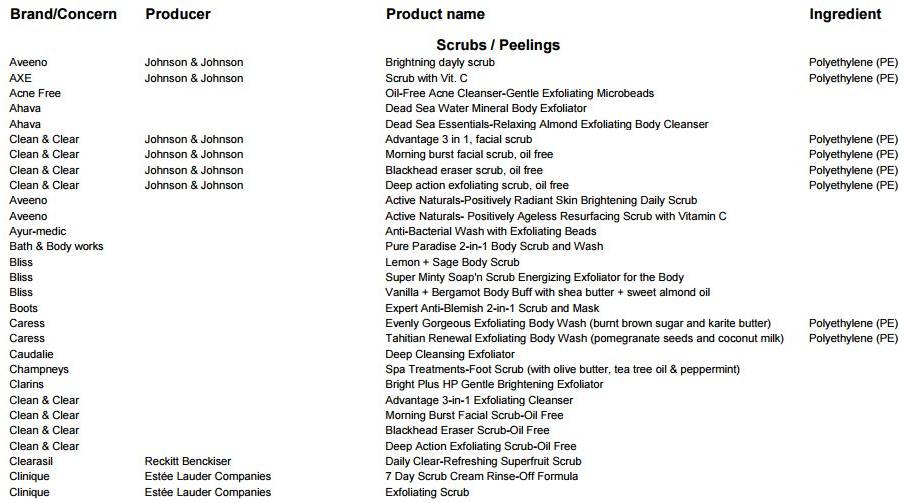
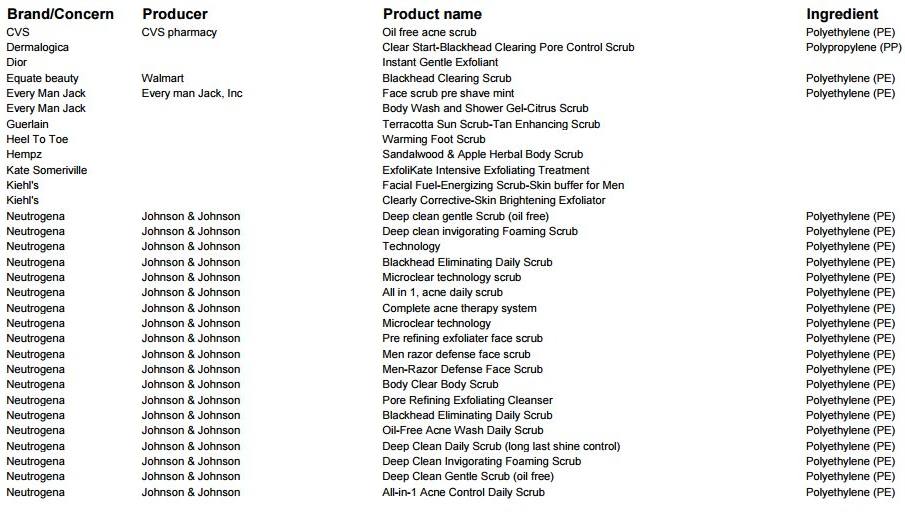
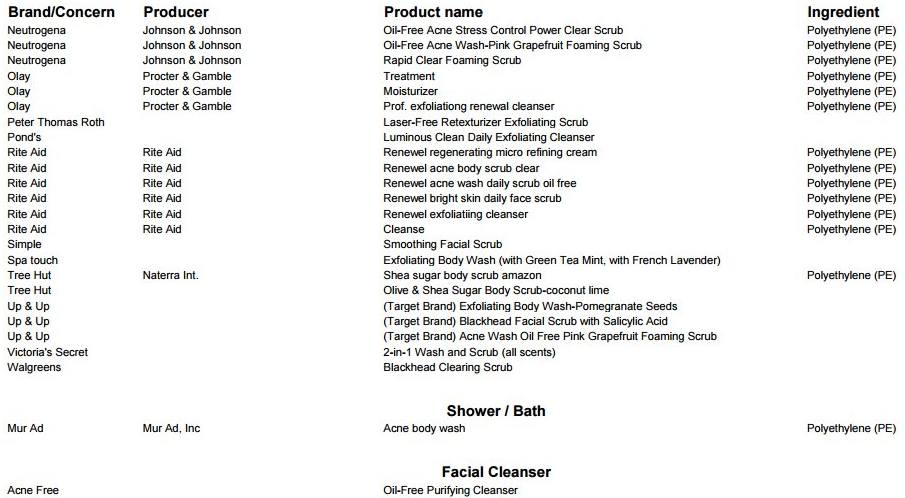

LET'S
GO DUTCH
The Netherlands is the first country to announce its intent to be free of microbeads in cosmetics by the end of 2016. State Secretary for Infrastructure and the Environment Mansveld has said she is pleased with the progress made by the members of the Nederlandse Cosmetica Vereniging (NCV), the Dutch trade organisation for producers and importers of cosmetics. All members have ceased using microbeads or are working towards removing microbeads from their product. By 2017 80% of them should have completed the transition to a microbead-free product line. Among the NCV's members are large multinationals such as Unilever, L'Oréal, Colgate-Palmolive, Henkel, and Johnson & Johnson.
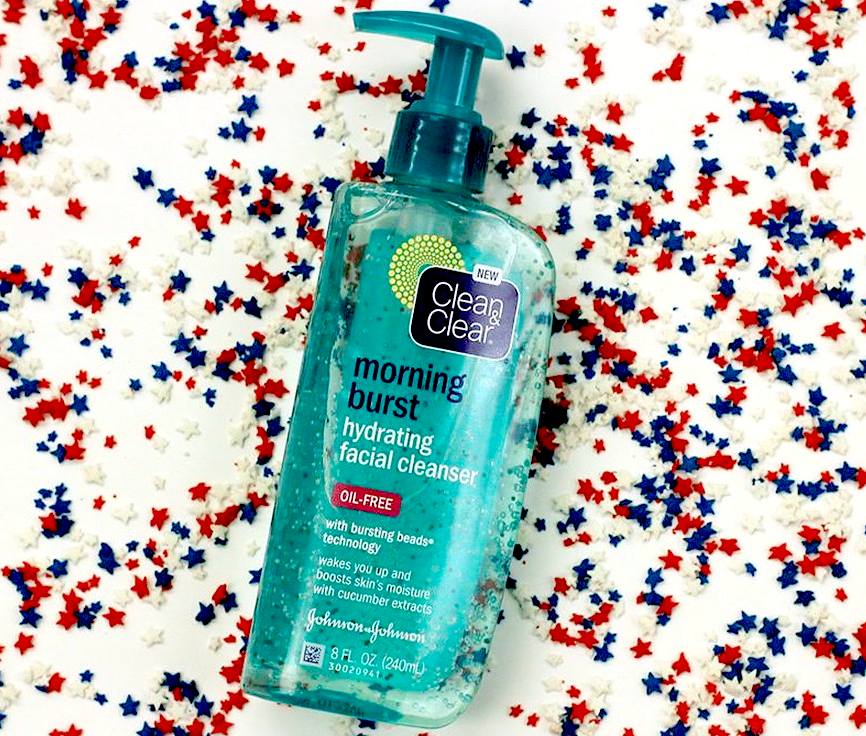
LOOKS
& FEELS GREAT - But the side effects are devastating.
These kinds of products are examples of not thinking too far
ahead when it comes ecological issues. DDT anyone?
TYPES OF MICROBEAD
Fluorescent polyethylene - microspheres are commonly used to run blind tests on laboratory and industrial processes, in order to develop proper methods and minimize cross-contamination of equipment and materials. Microspheres that appear to be invisible in the daylight can be illuminated to display a bright fluorescent response under UV light.
Colored polyethylene - microspheres are used for fluid flow visualization to enable observation and characterization of flow of particles in a device. Colored microspheres can also be used as visible markers in microscopy and biotechnology. Sphericity and particle size uniformity create a ball-bearing effect in creams and lotions, resulting in a silky texture and spreadability. Exceptional smoothness and roundness also provides lubrication. Colors add visual appeal to cosmetic products.
Black polyethylene - microspheres can have magnetic or conductive functionality, and have uses in electronic devices, EMI shielding and microscopy techniques.
LINKS
& REFERENCE
Parliament
UK petitions
Plastic
soup foundation
Beat
the microbead
UK
business insider why-obama-banned-microbead-soap-2015
Wikipedia
Microbead
Nature
world news 2015 puffins eating plastic pellets threaten isle
http://www.natureworldnews.com/articles/13817/20150401/puffins-eating-plastic-pellets-threaten-isle.htm
https://petition.parliament.uk/petitions/104464
http://www.plasticsoupfoundation.org/
http://www.beatthemicrobead.org/en/
http://uk.businessinsider.com/author/erin-brodwin
http://uk.businessinsider.com/why-obama-banned-microbead-soap-2015-12?r=US&IR=T
https://en.wikipedia.org/wiki/Microbead
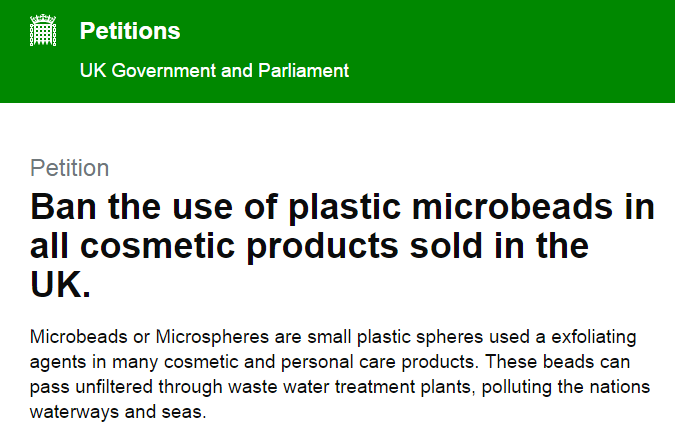
|







